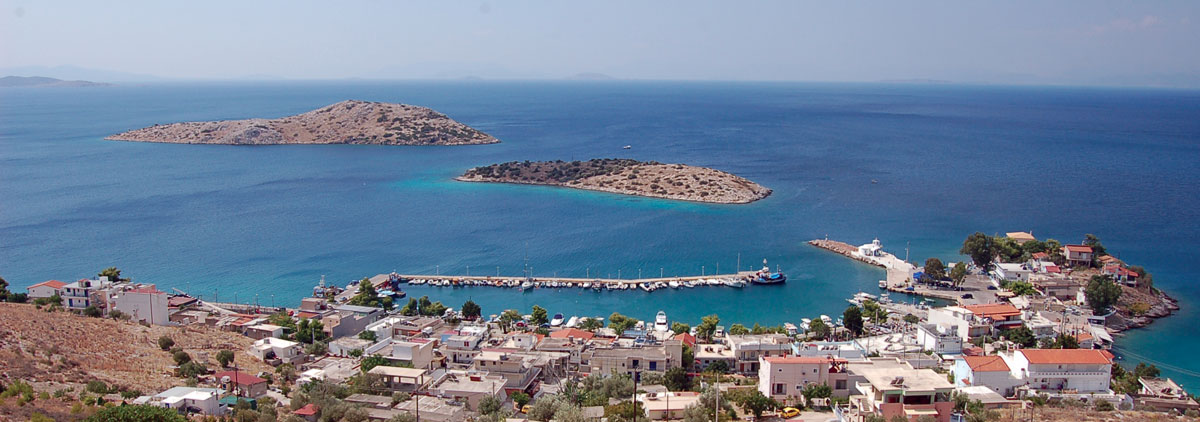The name Mégara exists since antiquity and has not changed once throughout the times. According to some, the name comes from the hero Megaréa, son of the god of sea Poseidon and king of the city Mégara. Others suggest it derives from “mégara”, the holy artifacts of goddess Dímitra (Demeter or Ceres), the worship of which was powerful and really old in the area.
The area is inhabited continuously since the Neolithic Era. During the Archaic years (9th – 6th century BC.), Mégara developed to an important city – state, rivaling the neighbouring cities of Kórinthos and Athens. At the time, the Megarians founded colonies in Sicily, Propontída and the Black Sea. It had a significant Navy and Army and took part in the most famous battles of the time, the Persian Wars, The Peloponnesian War (at the side of Spárti) etc.
The city of Mégara is considered the birthplace of comedy. During the festive times, dedicated to god Diónysos, the Megarians used to improvise with quips and satirical songs, whilst painted on the face with must sediment, charcoal or animal heads. From these loud dances where they picked on everybody, using profanity, comedy was born. The father of comedy is considered Sousaríon the Megarian (6th century BC.), who was the first to teach the metrical (in verse) comedy and spread it in all of Attikí.

After the Roman Era (146 BC. – end of 3rd century AD.), the city became gradually invisible. During the Byzantine years, it often suffered catastrophe by various raiders and pirates. The fear of the pirates become overwhelming during the Turkish occupation. According to reports, raids were so often between the 15th – 17th century that the Megarians, upon spotting a ship on the horizon or hearing the dogs barking in the night, they immediately hid their wealth and took to the hills with their families. In the middle 17th century, the Venetians conquered the city and killed the arch pirate who plunder it.
In 1770, the Megarians take part in the revolution of the Orlóf brothers (Russian advisors of the Empress Katerína the 2nd, who instigated a Hellenic revolution to aid the Russian – Turkish war of 1768 – 1774. When the war did not go as the Russians thought, they made a deal with the Turks, a deal that excluded the Hellenes). When the Russians left, the Turks took vengeance on the Hellenic population, including of course Mégara which was hit hard. The lesson was cruel but most important: Never to rely on foreign aid! In the revolution for Independence in 1821, Mégara again send many warriors and supplies. Today, Mégara is a lively town of 30000 people.




